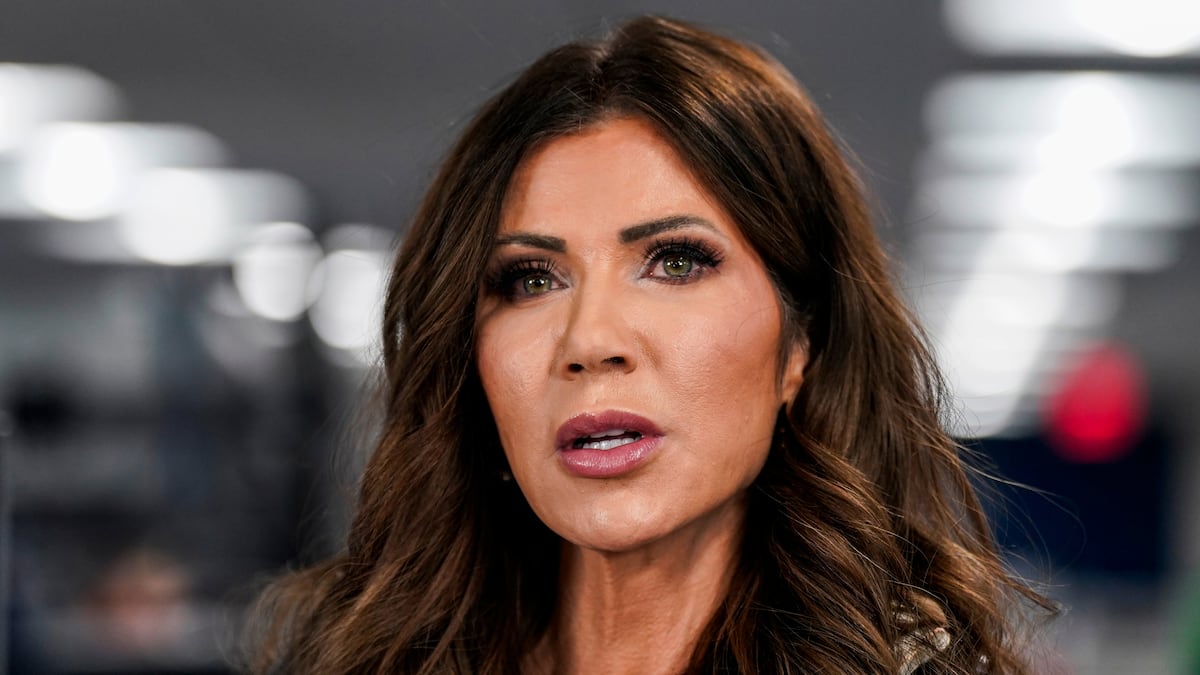Over the weekend I read this magnificent article by Haley Sweetland Edwards of The Washington Monthly on the Dodd-Frank rule-writing process. See, when legislation is written, lots of the language isn't specific. It then goes over to the people who work in the various regulating agencies to write the rules. Once upon a time this wasn't contentious. But nowadays, this phase is as contested as the writing phase, and the banks are spending billions fighting the regs tooth and nail--with far fewer journalists watching.
They're even suing. In 2011, two financial industriy groups sued the SEC over one particular rule on the grounds that the SEC conducted a faulty cost-benefit analysis. The case got assigned to three right-wing judges on the DC Circuit (which raises a whole 'nother problem, which is that there are three vacancies on the DC Circuit and the Senate Republicans won't let Obama fill them; read this piece and you'll know why). The industry won.
And on and on and on. It's a long article, maybe 6,000 words across 10 pages, but on every page there's at least one "Holy crap, how in the hell can they get away with that?" From her opening vignette, about an industry challenge to a rule on the basis of the existence in the statute of the phrase "as appropriate":
The words “as appropriate” have appeared in statutes governing the CFTC’s authority to implement position limits for at least forty years without challenge. In fact, the CFTC used the authority of that exact line, complete with its “as appropriate,” to establish position limits on grain commodities decades ago. Even those who drafted Dodd-Frank later weighed in, saying they had intended for the language to explicitly instruct the CFTC to establish position limits at levels that were appropriate. The summary of Dodd-Frank, drafted by the Congressional Research Service, doesn’t quibble either: “Sec. 737 Directs the CFTC to establish position limits,” it reads. No ifs, ands, or “as appropriate”s.
“But this kind of thing”—manipulating the minutiae—“is how the game is played,” said Bartlett Naylor, a financial policy advocate at Public Citizen, one of a handful of public interest groups tracking the rule-making process for Dodd-Frank. Since the law passed, the financial industry has been spending billions of dollars on lawyers and lobbyists, all of whom have been charged with one task: weaken the thing. One strategy has been to carve loopholes into the language of the law, Naylor said. A verb. An imprecise noun. A single sentence in an 876-page statute. “With a thousand lawyers on your payroll, that’s nothing.”...
...But the executives refused to discuss the matter further. The meeting ended abruptly, and Chilton wandered out into the hallway, dazed and reeling. One of the muckety-mucks from the meeting walked with him to the elevator. While they waited, away from the rest of the group, Chilton turned to his host. “You guys have got to be kidding about this ‘as appropriate’ stuff, right?” he said.
“I know,” the muckety-muck replied, admitting it was a stretch. He let out a little chuckle—“but that’s what we’re going with.”
“He laughed,” Chilton told me recently, remembering that day. “He was laughing about how ludicrous it was.”
This is how Washington works. I should say that consumer advocates I've spoken with still think that some good has come out of the rule-writing process, and that the bill overall makes some important changes. But it's obviously going to make far fewer of them than was intended.





